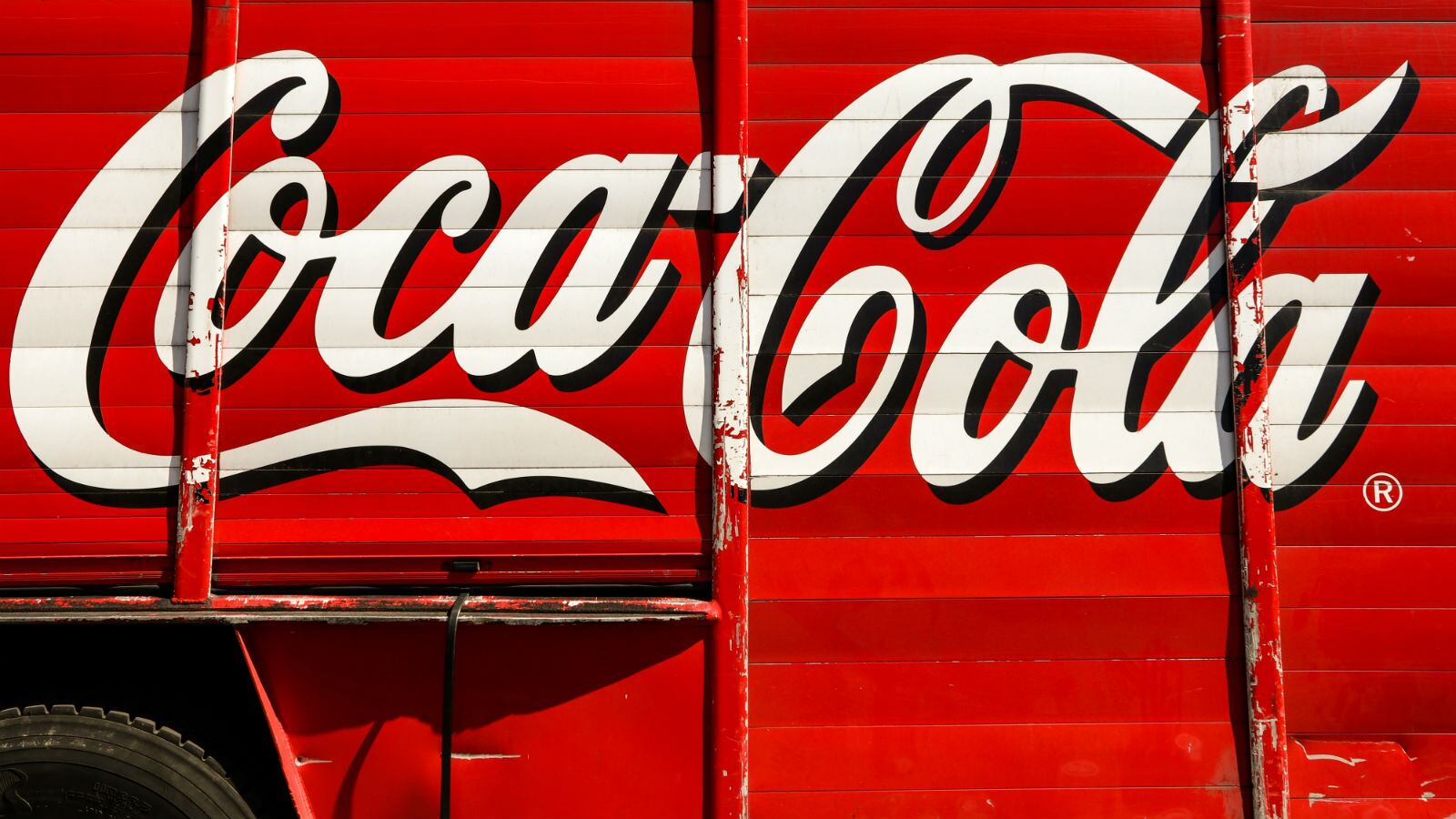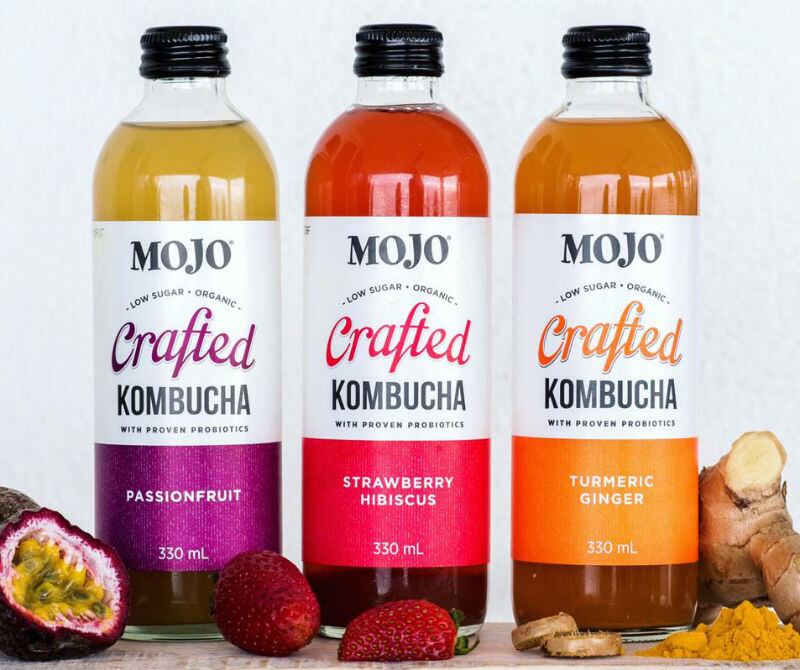This invention is a first for carbonated drinks, and has been hailed by the company as a ‘major step forward for sustainability’.
“[Pressure] inside a soft drink bottle is up to 100 psi, or three times the pressure in a car tyre. So the bottle for carbonated drinks needs to be much stronger than for still beverages, and that’s been an obstacle in using 100% recycled materials for these types of drinks,” said Group Managing Director Alison Watkins.
“[We’ve] overcome this challenge through innovation and design, and we’re now the first in Australia to make 100% recycled plastic bottles for carbonated beverages.”
Coca-Cola Amatil aims to switch all of its Australian single-serve plastic bottles to this new, fully recyclable option by the end of this year.
Alongside brand partner Coca-Cola Australia, Amatil had previously already announced its intention to have the plastic in 70% of all Australian-made Coca-Cola bottles made from recycled plastic by the end of 2019.
The scheme would include all bottles at or below 600ml across all Coca-Cola brands, including Coca-Cola, Sprite, Fanta and Mount Franklin, in addition to 750ml bottles from Pump, the company’s local water brand.
This was already estimated to double Coca-Cola Amatil’s use of recycled plastic in beverage bottles. With its new fully recyclable soft drink bottle, it is expected to further reduce the use of virgin plastic by around 10,000 tonnes a year.
Sustainability targets
Coca-Cola Amatil has been heavily playing up its sustainability focus as of late.
Earlier this year, it announced via its 2018 Sustainability Report that it had invested in a programme that will see 10,000 rooftop solar panels installed across its Australian Beverages manufacturing sites including Eastern Creek, Richlands and Kewdale.
“Bottling is energy-intensive, so our shift to low-carbon and renewables is a significant change,” said Watkins.
“We’re keen to support sustainability but renewables also have to make commercial sense. [That’s] why we’re pleased that the bulk of our low-carbon and renewable energy was sourced at a market competitive price versus traditional power.”
The company estimates that by the end of 2019, it will draw some 14% less energy from the local electricity grids, replaced by solar energy, which is in turn expected to save it A$1.3mn (US$900,562) in electricity costs and reduce greenhouse gas emissions by 4,163 tonnes yearly.
Earlier, it had also announced its use of 100% sustainable sugar across all its non-alcoholic beverages in Australia, whereas its Mount Franklin bottles were also said to have moved to using 100% recyclable plastic as of 2018.
Other 100% recycled soft drink bottles
Over in the United Kingdom, Ribena manufacturer Lucozade Ribena Suntory claims via its website that its bottles have been made from 100% recycled plastic for the last 10 years.
In April this year, the company reduced the size and increased the transparency of its bottles’ printed sleeves so as to heighted the ease of automation when it comes to using near infra-red sorting technology.
According to Recycling International, this is the latest stage in the firm’s strategy for its packaging to be fully recyclable within the country’s collecting and sorting operations and infrastructure.
Lucozade Ribena Suntory Director of External Affairs and Sustainability Michelle Norman said that it takes sustainability commitments ‘very seriously’. The company has also pledged that 100% of its plastic packaging will be reusable, recyclable or compostable by 2025.
Of note though is the fact that the company’s Ribena range in the United Kingdom is fully non-carbonated, hence would not have to deal with the pressure challenge as described by Watkins.
Sparkling Ribena is available in countries such Malaysia and Singapore, where it is packaged in aluminium cans and not bottles.



